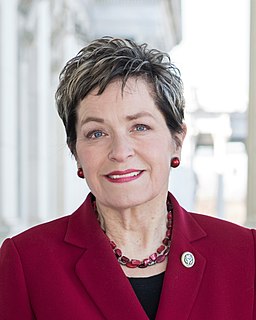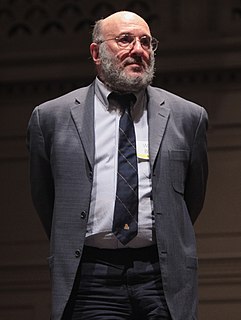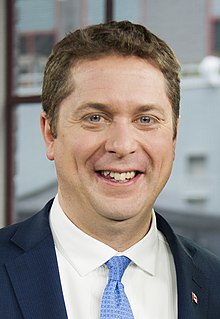A Quote by Enrique Pena Nieto
Free trade, far from protectionism, is the path that we should take to make Latin America a thriving actor in the global economy.
Related Quotes
If it is an element of liberation for Latin America, I believe that it should have demonstrated that. Until now, I have not been aware of any such demonstration. The IMF performs an entirely different function: precisely that of ensuring that capital based outside of Latin America controls all of Latin America.











































